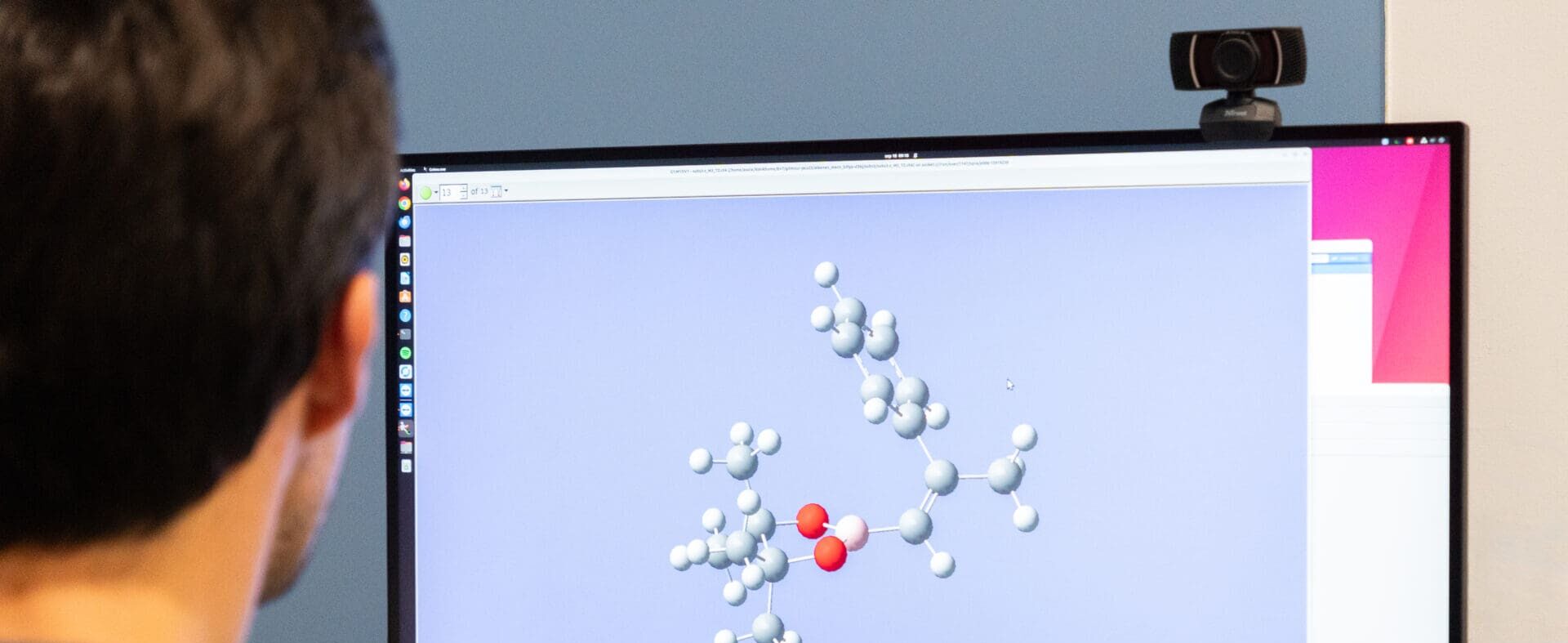- Home
- Resarch
- Research Groups
- Dr. Albert Solé-Daura
Dr. Albert Solé-Daura
Computational modeling of complex physicochemical processes in energy- and sustainability-related catalysis
Research Overview
Catalysis is a cornerstone of the transition to a greener and more sustainable society. It holds promise for converting inexpensive, readily available reagents into high-value chemicals essential for our daily lives. A critical challenge in this field is improving catalyst performance, whether in terms of activity or selectivity. Achieving this requires clear design principles derived from a deep understanding of the underlying reaction mechanisms.
To address this challenge, we use advanced computational tools to study reaction mechanisms of relevant catalytic processes with atomic resolution, providing key insights into the factors influencing catalytic performance. Our current focus is on processes crucial to the development of a more sustainable chemical industry, as well as the synthesis of fine chemicals and commodity products. Specifically, we investigate photo- and electro-catalytic approaches for converting small molecules like CO2 and N2 into valuable products, alongside hydrogen evolution and the thermal hydrogenation and oxidation of organic compounds. These reactions are promoted by various catalysts, including polyoxometalate (POM) clusters, porous materials such as Metal-Organic Frameworks (MOFs), porous polymers (POPs) and derived host-guest systems, as well as transition metal-based homogeneous complexes.
Our work primarily employs Density Functional Theory (DFT) calculations to characterize stationary points on potential energy surfaces, allowing us to construct free energy profiles. To gain a more comprehensive understanding, we often integrate these calculations with microkinetic modeling, statistical analyses, and Molecular Dynamics (MD) simulations. MD simulations, in particular, offer insights into the speciation and environmental effects (solvation, ion-pairing, aggregation, …) that influence catalytic behavior under relevant photo- and electro-catalytic conditions. Additionally, we have extensive experience applying MD techniques to study the collective behavior and diffusion properties of inorganic metal-oxide clusters in solution, shedding light on nucleation mechanisms that drive the formation and growth of complex supramolecular assemblies.
Our research also extends to the fundamental analysis of processes like single-electron transfer, energy transfer, and proton-transfer events in solution, as well as spin-forbidden events that involve crossing points between potential energy surfaces of different spin states. These processes are often critical to catalytic mechanisms in the energy and sustainability sectors, yet they pose significant challenges for conventional static DFT calculations. To tackle these challenges, we employ more sophisticated computational approaches, including the application of the Marcus theory and DFT-based MD simulations that incorporate explicit and dynamic environments, combined with enhanced sampling techniques and in-house developed collective variables.
Overall, by combining these computational methods with close collaboration with experimental experts, we aim to provide fundamental insights into the molecular and supramolecular parameters that govern the physicochemical properties of systems of interest. Ultimately, this knowledge enables us to establish structure-activity relationships that guide the rational design of new generations of catalysts and materials, featuring enhanced efficiency or tailored properties.

Let's create a brighter future
Join our team to work with renowned researchers, tackle groundbreaking
projects and contribute to meaningful scientific advancements

















